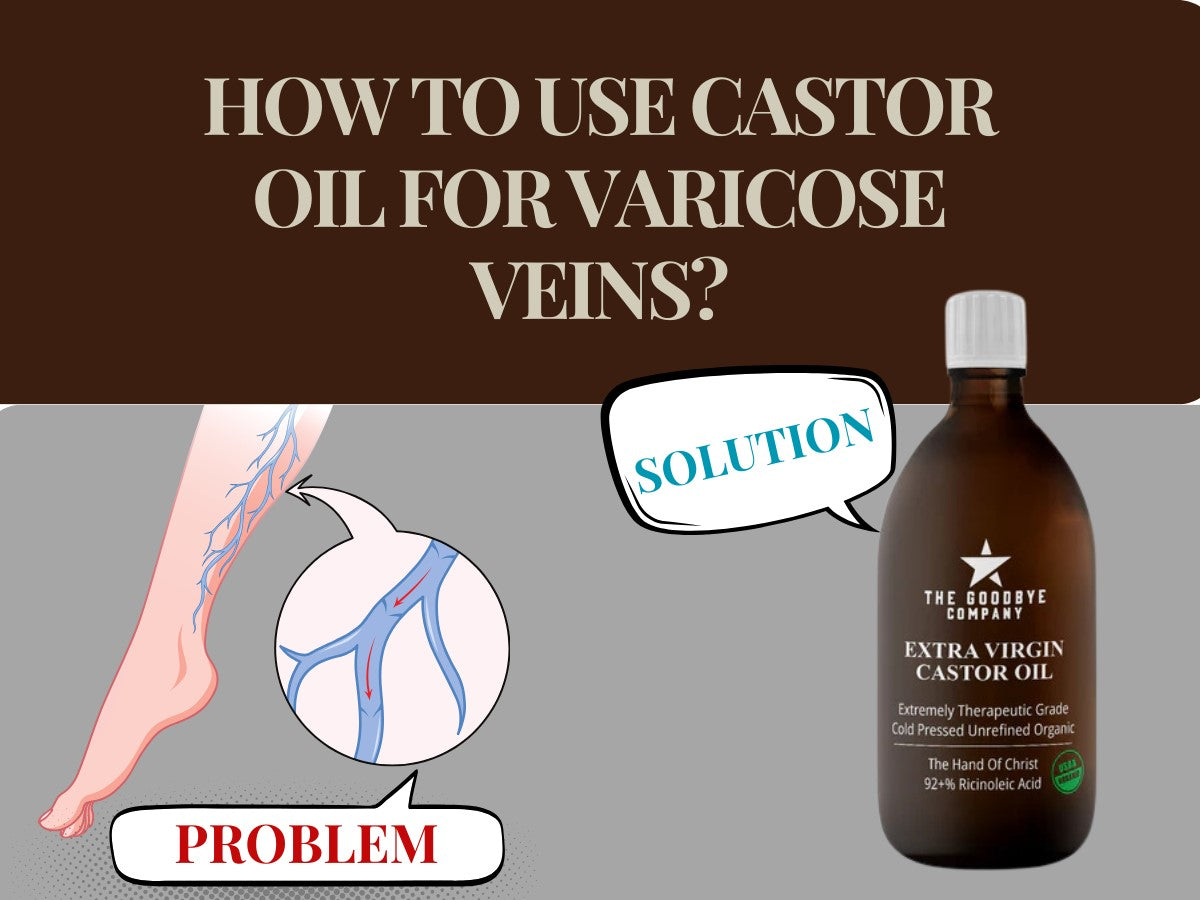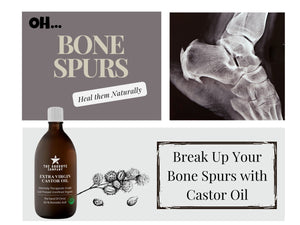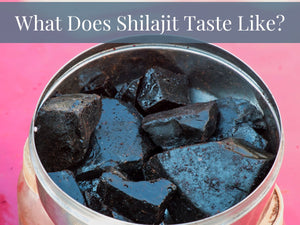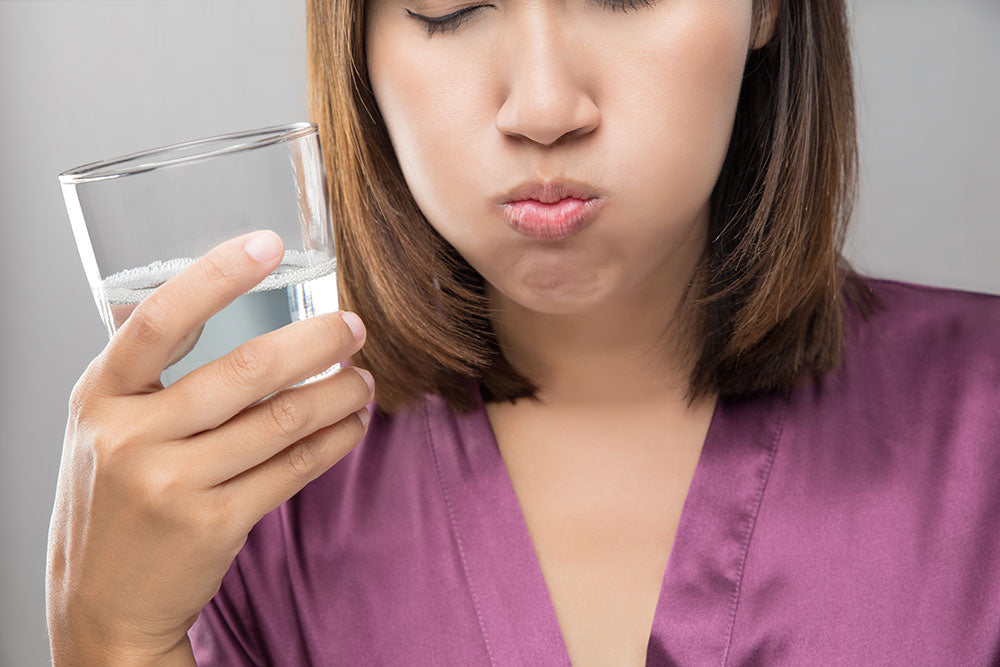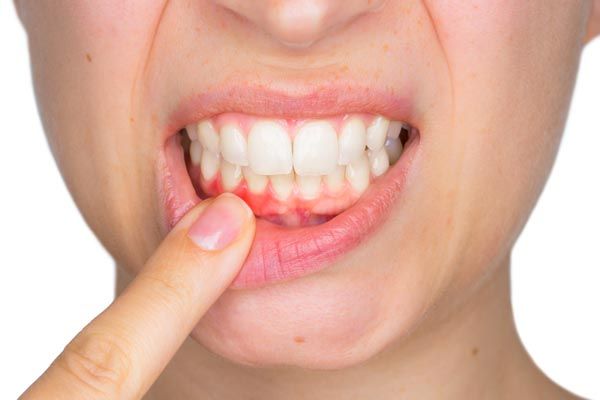Many people around the Globe suffer from varicose veins—a condition in which veins in the body, typically in the legs, become swollen and twisted. This happens due to damage to the one-way valves in the veins that help the blood flow toward the heart and prevent backflow into the legs. The valves' structural and functional impairment causes the blood to pool inside the vessels, making them bulgy, twisted, and more prominent. Varicose veins cause the sufferer discomfort, itching, irritation, and pain. And if you do not treat the condition immediately, it may worsen and cause painful ulcers and blood clots.
There are various conventional and alternative treatment options to cure varicose veins, from ointments to natural elixirs to lasers and minimally invasive surgeries. Still, many people opt for natural remedies over invasive treatment options, knowing they can only alleviate the symptoms and not completely cure the condition.
Castor oil has garnered more attention among natural remedies due to its long history of medicinal and cosmetic uses. It is a natural elixir derived from the ripe castor beans of a tropical perennial shrub called Ricinis communis. Due to its origin and composition, castor oil is also known as Ricinus oil.
Castor oil is extracted through the cold-pressed technique to retain its nutrients, including the rich concentration of ricinoleic acid, an unsaturated omega 9 fatty acid, and a potent anti-inflammatory, analgesic, antimicrobial, emollient, and laxative. The only FDA-approved use of castor oil is to relieve constipation. However, all other uses are more supported by anecdotal experience and the knowledge of naturopathy rather than clinical evidence.
Read on to learn what Ayurveda and other traditional medicine systems say about the effectiveness of castor oil for varicose veins. Also, find out how to use castor oil for varicose veins and why you should not massage your legs with varicose veins.
What are Varicose Veins?
‘Varicose veins’ are a medical condition characterized by twisted, bulging, and dark-purplish to bluish veins closer to the surface of the skin, most typically affecting the legs. They occur due to weakening or impairment of valves present in the veins. These one-way valves help push the blood from the lower extremities to flow toward the heart and contribute to the venous return. Also, these valves prevent the backflow of blood into the legs. However, due to certain conditions and risk factors, these valves get damaged. This causes the blood to pool inside the veins, making them enlarged and twisted.
Symptoms
Varicose veins may not cause pain in many people and do not affect their daily lives. However, they may be severely symptomatic for some, and if not treated promptly, varicose veins may aggravate.
- Achy legs
- Heavy feeling in the legs
- Burning and throbbing
- Itching and dryness
- Pain worsens after prolonged standing
- Skin color change
Complications
- Bleeding
- Venous ulcers
- Varicose eczema
- Blood clots
- DVT (Deep Vein Thrombosis)
- PE (Pulmonary Embolism)
- Lipodermatosclerosis
Causes and Risk Factors
The underlying cause of varicose veins is structural and functional damage to the valves due to the following reasons and risk factors.
- Aging
- Family history/ Genetic predisposition
- Pregnancy
- Menopause
- Obesity
- Prolonged hours of standing
- Inactive lifestyle
Varicose Veins vs. Spider Veins
Many people think that varicose veins are spider veins, which is not true. It's crucial to differentiate between the two to evaluate what you are suffering from and to get the right intervention at the right time.
|
FEATURES |
VARICOSE VEINS |
SPIDER VEINS |
|
Size |
Larger (= or > 3mm in diameter) |
Smaller (up to 1 mm in diameter) |
|
Appearance |
Twisted and bulging with edema |
Thin, web-like appearance |
|
Location |
Typically, legs and feet |
Typically, legs, feet, chest, and face |
|
Symptoms |
Pain, burning, throbbing, heaviness |
Usually painless, some may feel discomfort & itchiness |
|
Causes |
Weakened or damaged vein valves |
Broken capillaries or increased pressure in the veins |
|
Risk factors |
Pregnancy, obesity, aging, prolonged standing, genetics |
Genetics, hormonal imbalance, sun exposure. |
|
Severity |
Vascular and circulation issues |
Minor cosmetic issue |
|
Complication |
Bleeding, blood clots, venous ulcers, DVT, PE |
No serious health concerns |
|
Treatment & Management |
● Lifestyle changes |
Cosmetic procedures and lasers. |

Does Castor Oil Work for Varicose Veins?
Castor oil does work for varicose veins, but what and how?
The principal constituent of castor oil is ricinoleic acid, which is about 85-92%. In addition to ricinoleic acid, the oil contains amino acids, tocopherols, and vitamins. All these chemical constituents have distinctive therapeutic properties that collectively work to reduce inflammation and pain in the affected body area. Castor oil is also believed to improve blood and lymphatic circulation, which is especially beneficial for people with edema and poor circulation caused by complicated varicose veins. In a nutshell, castor oil reduces pain, burning, throbbing, discomfort, and inflammation due to varicose veins. However, it does not eradicate varicose veins or reduce pigmentation from your skin.
How to Use Castor Oil for Varicose Veins?
You can either apply castor oil directly to your legs and wear your compression stockings or just apply castor oil packs to the affected area and relax. Both these methods work; however, the only key is consistency. So you should regularly do such sessions to see the visible results. For castor oil pack therapy, you may need:
- Organic, cold-pressed castor oil
- Finest-quality Castor oil pack
- Plastic wrap
- Heating pad
- Wipes
- Gentle Cleanser
- Moisturizer
Step-by-Step Guide:
- Firstly, prep your skin. Use a gentle cleanser to cleanse your skin. This will open your clogged pores and let the oil penetrate deep into the skin.
- Wipe the excess water and let the skin remain dry. Do not apply moisturizer at this stage.
- Unwrap your castor oil pack and pour about a tablespoon or two in the center of your pack. Keep away from the edges to avoid grease and oil stains during application.
- Wear the pack on areas of your body with varicose veins, such as your legs. Strap it up but not too tight, as we don't want to restrict blood circulation.
- Now, you can either wrap your castor oil pack using a plastic wrap or cling film (which acts as an insulator) or just wear your compression stockings that will do the job. The choice is yours!
- Apply some warmth using a heating pad. (Do not apply a heating pad for too long to cause scalding)
- Wear your castor oil pack for about 1 hour regularly. However, do a patch test to avoid allergic reactions to ricinoleic acid, and remember to consult your HCP before starting this therapy. This is to rule out whether you need immediate surgical intervention or natural remedies like castor oil packs will suffice.
Note: Do not massage your legs with any oil or ointment aggressively in an attempt to boost blood circulation, as you never know there may be clots that can dislodge and plug any blood vessel supplying vital organs.
Lifestyle Changes to Prevent Varicose Veins
- Maintain a healthy body weight since obesity may increase pressure on the veins and contribute to edema.
- Incorporate bioflavonoids (powerful antioxidants and anti-inflammatory agents) and vitamin K (which prevents blood clotting) into your diet. These nutrients are present in green vegetables, such as broccoli, kale, capsicum, and spinach, and fruits, such as oranges and berries.
- Do not stand or sit on a chair for prolonged hours.
- If your job requires standing for more than 3 hours, take 5-minute breaks after every 45-minute interval.
- Keep your legs elevated while lying or sitting on a couch or a bed. Put a pillow or cushion under your feet to elevate your legs.
- Do a 15-minute leg on-the-wall exercise before going to bed.
- Regular exercise (such as walking, cycling, swimming, yoga, leg stretches, and strengthening exercises) helps push blood back from the legs to the heart.
- Use OTC ointments that will help prevent skin dryness and itchiness.
- Wear supportive compression stockings as recommended by your HCP.
Effective Clinical Treatments for Varicose Veins
- Laser surgery
- Endothermal ablation
- Sclerotherapy
- Vein ligation and stripping
- Ambulatory phlebectomy
- Glue closure system
- Endovenous Laser Ablation Therapy
FAQs
Can castor oil help varicose veins?
Well, there is limited scientific evidence to support the use of castor oil for varicose veins. Anecdotal evidence and experience of people practicing Ayurveda and other traditional medicine systems suggest castor oil for varicose veins due to its magical and natural therapeutic properties. However, there is no doubt that castor oil and all other natural remedies cannot reverse varicose veins because they develop due to damage to the vein valves. Moreover, natural remedies can only alleviate the symptoms of varicose veins. On the other hand, surgical interventions are recommended for severe varicose veins with a higher risk of forming ulcers and clots.
Does castor oil improve leg circulation?
Yes, castor oil is a natural magical elixir with potent anti-inflammatory, analgesic, stimulant, and emollient properties. It contains ricinoleic acid, amino acids, tocopherols, and vitamins that help improve blood circulation in the legs. However, you should consult an HCP before starting a massage with castor oil (see the following Q&A for details). You can apply castor oil packs and wear compression stockings since these interventions are suitable, safe, and effective in managing the symptoms of varicose veins.
Is leg massage good for varicose veins?
It is true that leg massage can help improve blood circulation, which is good for varicose veins, but you have to be very careful while doing that since you never know that there may be some clot in your swollen vein, and the massage may dislocate that clot. That dislodged clot (embolus) may circulate to the lungs, causing pulmonary embolism—a life-threatening condition. Therefore, it is wise to confer with a healthcare professional before starting any therapy, lifestyle change, medication, or natural remedy to avoid such worse consequences.
How to get rid of varicose veins naturally in three minutes?
Unfortunately, you cannot eliminate varicose veins naturally in 3 minutes. You can only alleviate symptoms like swelling, itching, pigmentation, and pain using home remedies, such as castor oil packs, warm and cold compresses, compression stockings, and herbal remedies like horse chestnut extract. However, short medical treatments such as ambulatory phlebectomy, sclerotherapy, laser surgery, endoscopic vein surgery, endothermal ablation, and ligation and stripping can immediately help you get rid of varicose veins in a matter of minutes.
Which oil is best for varicose veins?
There is no ONE particular oil that I can say is the best for varicose veins because natural oils such as olive, castor, sea pine, eucalyptus, helichrysum, peppermint, cypress, and chamomile can only help mitigate the symptoms of varicose veins, which are inflammation, discomfort, and pain. These oils cannot reverse the condition as they cannot repair the damaged vein valves. However, I would say castor oil is the best among these oils because, with this one oil, you can get rid of all symptoms of varicose veins. Thanks to its anti-inflammatory, analgesic, antioxidant, emollient, and moisturizing effect.
Outlook
‘Varicose veins’ is a painful and disturbing condition that affects many around the Globe. It is characterized by twisting and bulging of the veins, typically in the legs, which causes itching, pain, discomfort, and swelling. Varicose veins may aggravate and form ulcers and blood clots if not promptly dealt with. Therefore, consult a healthcare professional and let him examine your condition to know which treatment option will work best for you and to avoid complications (such as dislodging of clots and causing PE due to oil massage on varicose veins).
For instance, if you have very mild varicose veins and are just located at a single spot, your HCP may recommend some lifestyle changes and castor oil packs. On the other hand, if you have terrible varicose veins with clots or maybe poor venous return to the heart from the legs, you may be asked to get them extracted promptly either through incision, thermal energy, or laser. Even after the recovery following surgery, you can use castor oil to prevent varicose veins and improve blood circulation to your legs. This is because castor oil is a safe and effective natural medicine with excellent anti-inflammatory and analgesic properties- best to relieve varicose vein symptoms.


